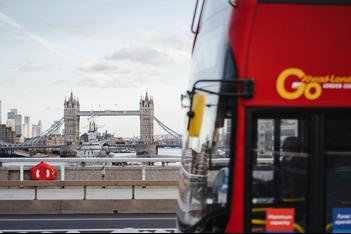When directed efficiently, hybrid work models permit organisations to establish a more digitally adaptable workplace that accommodates for the individual requirements of their employees. This future of work that has been enforced upon many because of the pandemic, has been found to result in valuable access to first class talent, more contented employees and enhanced innovation. As part of either the futures that we now face: forever fighting the pandemic or seeing it eradicated from our daily lives, the hybrid work model is likely to be willingly adopted by many organisations as the chosen mechanics of their workplace.
The CIPD’s Embedding new ways of working post-pandemic report claims that around 40% of employers have stated that they expect more than half their workforce to work habitually from home after the pandemic has ended (CIPD, Planning for working, 2021).
Offering an improved work-life balance is something that is no doubt to be received well by employees and job prospects. Data from The Future Strategy Club displays that over half (57%) of Brits do not wish to go back to traditional office structures after Covid restrictions and lockdowns are lifted. The hybrid model of working from both home and the office, gives employees more freedom about when they choose to work and from where. This augmented independence is certainly a benefit to the employee who is given the liberty to accommodate work around their personal lives as they see fit. Providing them with this liberty, improves their fulfilment and a subsequent gratification that results in a workforce which is personally invested in achieving shared goals.
For the employer, with increased employee satisfaction, the hybrid work model saves them the expenses on staff turnover and the costly consequences of such inconveniences. The increased productivity of staff results in work completed to a higher standard and indeed a naturally positive correlation is then to be expected in profits.
The hybrid model facilitates for at least a few days a week in which staff are expected in the workplace. However, even in the conventional mode of work, the pandemic has constructed a new awareness for many. Whilst we are now adept at social distancing and new measures are no doubt crafted into the fabrics of any and all organisations, employees can now legitimately expect the utmost cautions are taken by their employer to keep them safe and healthy.
To then ensure this safety is at the utmost levels, employers are obliged to undertake this task effectively. Good air quality, an office that is being regularly cleaned and less crowded spaces in the workplace are some of the many expectations that most will no doubt hold when they are in the office. Smart building technologies like BlockDox have the ability to gather crucial data and hold the keys to unlocking the wealth of analysis that can be gathered.













